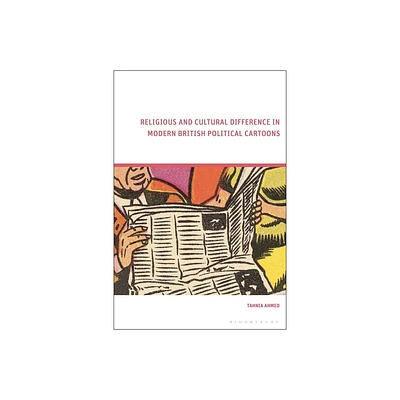Home
Burdens of Freedom: Cultural Difference and American Power
Loading Inventory...
Barnes and Noble
Burdens of Freedom: Cultural Difference and American Power
Current price: $27.99


Barnes and Noble
Burdens of Freedom: Cultural Difference and American Power
Current price: $27.99
Loading Inventory...
Size: Hardcover
*Product Information may vary - to confirm product availability, pricing, and additional information please contact Barnes and Noble
Burdens of Freedom
presents a new and radical interpretation of America and its challenges. The United States is an individualist society where most people seek to realize personal goals and values out in the world. This unusual, inner-driven culture was the chief reason why first Europe, then Britain, and finally America came to lead the world. But today, our deepest problems derive from groups and nations that reflect the more passive, deferential temperament of the non-West. The long-term poor and many immigrants have difficulties assimilating in America mainly because they are less inner-driven than the norm. Abroad, the United States faces challenges from Asia, which is collective-minded, and also from many poorly-governed countries in the developing world. The chief threat to American leadership is no longer foreign rivals like China but the decay of individualism within our own society.
The great divide is between the individualist West, for which life is a project, and the rest of the world, in which most people seek to survive rather than achieve. This difference, although clear in research on world cultures, has been ignored in virtually all previous scholarship on American power and public policy, both at home and abroad.
is the first book to recognize that difference. It casts new light on America's greatest struggles. It re-evaluates the entire Western tradition, which took individualism for granted. How to respond to cultural difference is the greatest test of our times.
presents a new and radical interpretation of America and its challenges. The United States is an individualist society where most people seek to realize personal goals and values out in the world. This unusual, inner-driven culture was the chief reason why first Europe, then Britain, and finally America came to lead the world. But today, our deepest problems derive from groups and nations that reflect the more passive, deferential temperament of the non-West. The long-term poor and many immigrants have difficulties assimilating in America mainly because they are less inner-driven than the norm. Abroad, the United States faces challenges from Asia, which is collective-minded, and also from many poorly-governed countries in the developing world. The chief threat to American leadership is no longer foreign rivals like China but the decay of individualism within our own society.
The great divide is between the individualist West, for which life is a project, and the rest of the world, in which most people seek to survive rather than achieve. This difference, although clear in research on world cultures, has been ignored in virtually all previous scholarship on American power and public policy, both at home and abroad.
is the first book to recognize that difference. It casts new light on America's greatest struggles. It re-evaluates the entire Western tradition, which took individualism for granted. How to respond to cultural difference is the greatest test of our times.


















